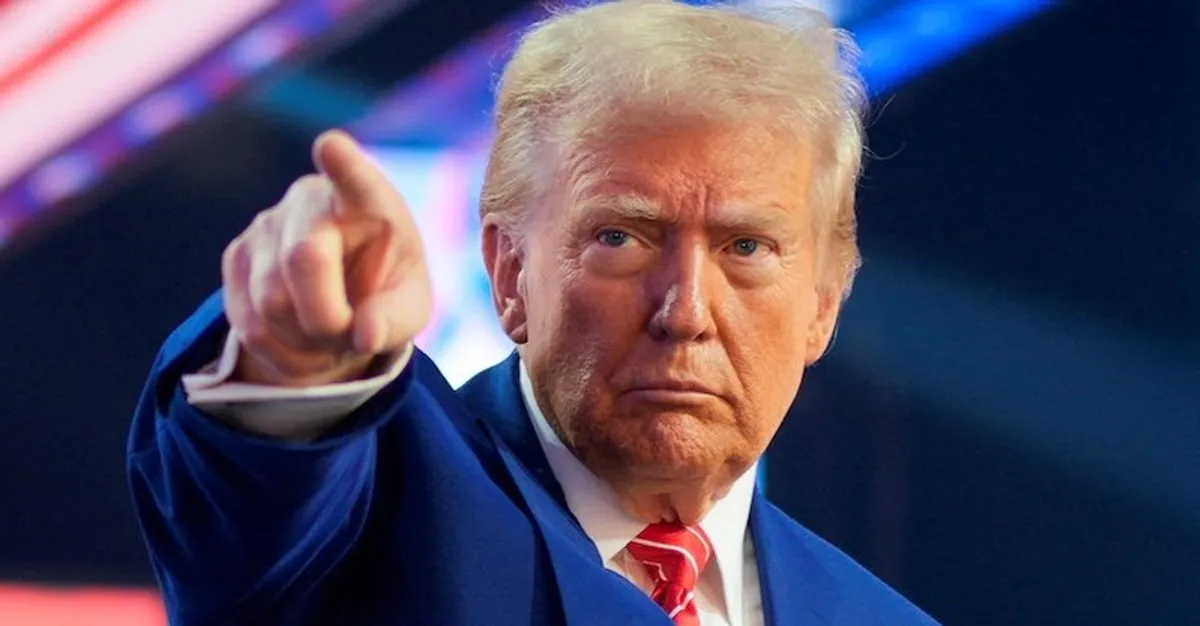Donald Trump is once again making transgender rights a central issue in his political strategy, sparking heated debates across the country. During his campaign, he leaned into topics like transgender athletes in sports and bathroom access to rally conservative voters. Now, back in office, he’s going even further—removing references to transgender people from government websites and passports and attempting to reinstate a ban on their military service.
Transgender people make up less than 1% of the U.S. population, yet they’ve become a major focus of Trump’s policies. For transgender individuals and their allies, his actions feel like an outright attack on their rights. Meanwhile, conservatives supporting these policies argue they’re protecting fairness and safety.
Trump’s moves have faced legal pushback, with several judges ruling against his administration’s policies. But that hasn’t stopped him from pressing forward, making this a key cultural battleground.
With Transgender Day of Visibility approaching, activists say they’re not backing down. “Trump wants to scare us into being invisible again,” said Rachel Crandall Crocker, who started the event 16 years ago. “We have to show him we won’t go back.”
So why has such a small group become such a hot topic in politics? Some conservatives argue that transgender rights have gone “too far,” framing the conversation around concerns over sports participation, bathroom access, and medical care for minors. However, medical experts, including the American Academy of Pediatrics and the American Medical Association, support gender-affirming treatments as necessary healthcare.
Since 2020, nearly half of U.S. states have passed laws restricting transgender participation in sports and limiting medical care for transgender minors. Some states have even passed laws dictating which bathrooms transgender people can use. And in February, Iowa became the first state to remove transgender protections from its civil rights laws.
Trump’s hardline stance on this issue seems to resonate with his base. Polls from the 2024 election show that 55% of voters believe support for transgender rights has gone too far. But the country is divided while many voters support restrictions on gender-affirming medical treatments, just as many oppose them.
Even within the Democratic Party, opinions vary. Some Democratic politicians have expressed concerns that their party is too focused on transgender rights, while others, like Delaware’s Sarah McBride who just became the first transgender member of Congress are pushing for more protections.
Trump’s strategy is clear: he’s using transgender issues as a symbol of what he calls “woke culture” run amok. And while many conservatives see this as a winning political play, others argue that the real issues facing the country have nothing to do with transgender people.
At the end of the day, the debate over transgender rights isn’t just about policy it’s about how America defines fairness, inclusion, and identity. And with Trump making it a central talking point, the conversation isn’t going away anytime soon.
